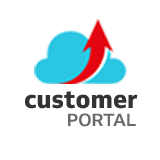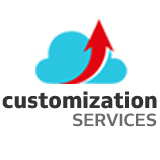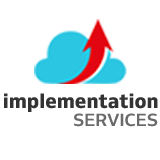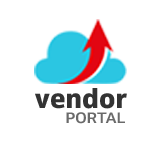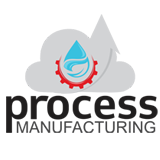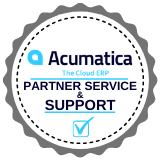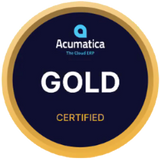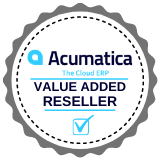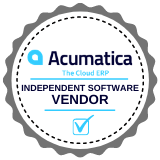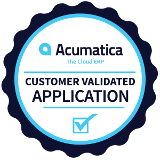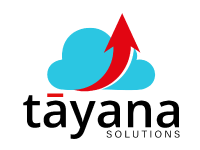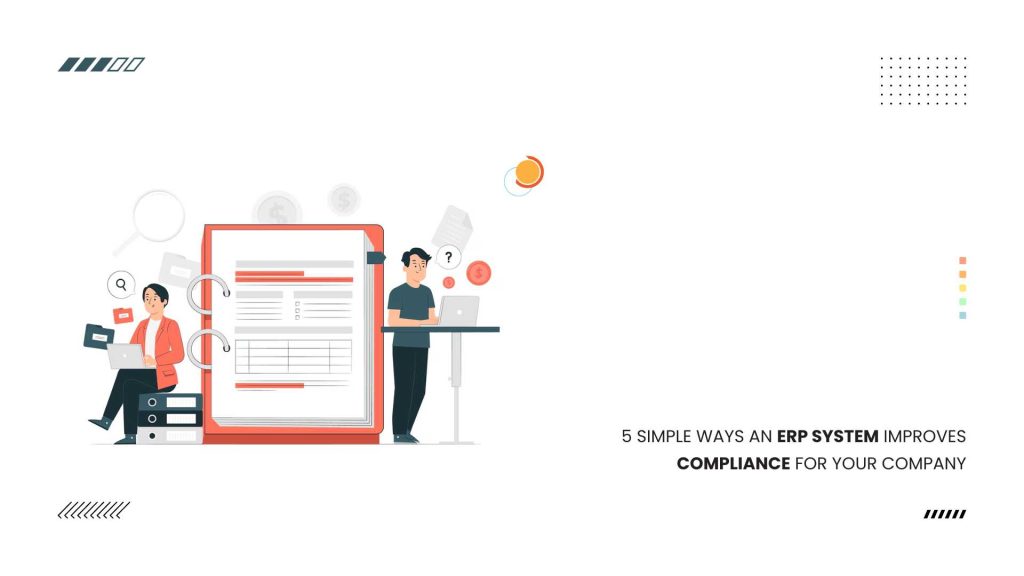Within the complex network of regulations and standards that oversee modern industries, compliance is more than just a task; it is crucial in operating a prosperous business. Whether it’s ensuring data security, financial transparency, or adherence to specific industry protocols, companies must navigate a complex landscape of rules and regulations.
This is where an ERP system becomes a crucial ally, offering a robust framework to enhance compliance efforts across various domains. Explore five key ways an ERP system can elevate your compliance game.
Data Audit-Friendly:
In compliance, the ability to provide accurate and comprehensive data is paramount. An ERP system is a centralized repository for all critical business data, making audits smoother and more efficient. With features like standardized data formats and automated data capture. ERP solutions ensure that your organization is well-prepared to meet audit requirements without the hassle of scrambling for information.
Consistent Reporting:
Consistency is key in compliance reporting. ERP systems streamline reporting processes by standardizing formats, automating data collection, and generating reports at regular intervals. This saves time and effort and minimizes the risk of errors or discrepancies in compliance documentation. Helping your organization maintain credibility and trust with regulatory bodies.
Provides Visibility & Transparency:
Transparency is the cornerstone of compliance. ERP systems offer real-time visibility into various aspects of business operations, from inventory management to financial transactions. This transparency facilitates compliance monitoring and fosters accountability within the organization. Ensuring stakeholders have access to accurate and up-to-date information whenever needed.
Reduces Data Errors:
Manual data entry is susceptible to errors, which can significantly impact compliance. ERP systems automate data collection and processing, diminishing the chances of human mistakes and guaranteeing data integrity. By minimizing data errors, ERP solutions assist organizations in upholding compliance with precision and assurance.
Handles Complex Billing Cycles:
Compliance can be particularly challenging for industries with complex billing cycles. ERP systems streamline billing processes by automating calculations, generating accurate invoices, and ensuring adherence to billing regulations.
Whether it’s managing billing schedules, calculating taxes, or applying discounts, an ERP solution simplifies the complexities of billing compliance, allowing organizations to focus on their core business objectives.
How to Choose the Right ERP Solution for Compliance
Selecting the right ERP solution is critical to leveraging its full potential for compliance enhancement. Here are some key factors to consider:
Customizable Workflows:
Look for an ERP system that offers customizable workflows tailored to your organization’s unique compliance requirements. Workflow flexibility allows you to align the system with existing processes and effortlessly adapt to changing compliance standards.
Drill-through Feature in Dashboards:
Dashboards with drill-through capabilities enable users to explore detailed data underlying summary metrics, facilitating deeper insights into compliance metrics and trends. This feature is invaluable for monitoring compliance performance and identifying areas for improvement.
Audit Trail Reporting:
An ERP system with robust audit trail reporting capabilities tracks all changes made to data, providing a comprehensive trail of actions for audit purposes. Ensure that the ERP solution offers detailed audit trail reports to maintain transparency and accountability.
Easy Customization:
Customizing fields, forms, and reports according to your compliance needs is essential. Look for an ERP solution that offers easy customization options without requiring extensive coding or IT expertise. Allowing you to seamlessly tailor the system to your organization’s compliance requirements.
An ERP system is not just a tool for streamlining business operations; it’s a strategic asset for enhancing compliance across the enterprise. By providing data audit-friendliness, consistent reporting, visibility, error reduction, and handling complex billing cycles. ERP solutions empower businesses to guide the regulatory landscape with confidence and efficiency.
When selecting an ERP solution, prioritize features such as customizable workflows, drill-through dashboards, audit trail reporting. And easy customization to ensure that the system effectively supports your compliance objectives.
Conclusion:
Acumatica Cloud ERP enhances regulatory compliance by offering real-time visibility, centralized data management, and customizable workflows. Its flexible architecture supports transparency, accuracy, and efficiency in regulatory reporting, fostering stakeholder trust and ensuring long-term compliance success, ultimately driving sustainable growth and competitive advantage.

Vijay comes with a vast experience in ERP and enterprise solutions space with about 20 years of experience in various packaged application like Acumatica, SAP, Orion, Salesforce.com, SugarCRM and, SalesLogix.



